05 December, 2024
We educate tomorrow’s energy workforce, and our research to advance the region’s reputation as a leader in emerging low-carbon energy solutions is second to none. Here’s how.
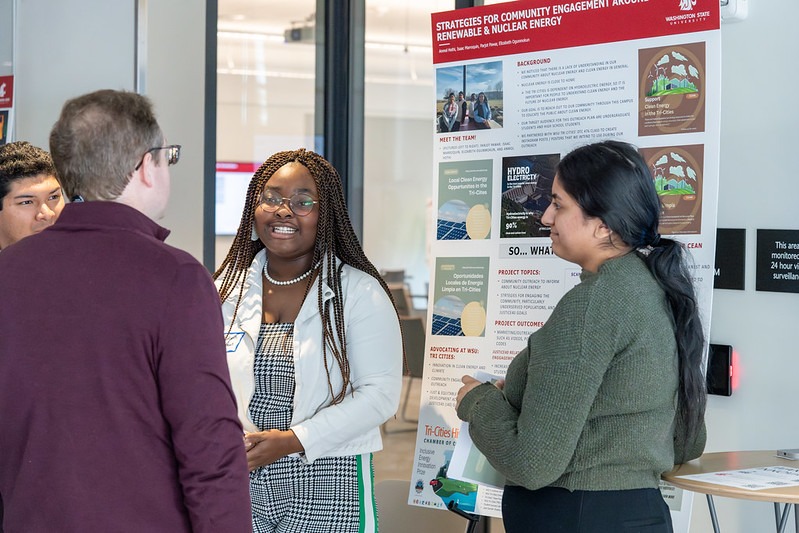 Our clean energy curriculum and unique educational programs provide critical education for a diverse energy workforce. Our programs are enhanced with a focus on energy justice thanks to funding from the Department of Energy’s Inclusive Energy Innovation Prize.
Our clean energy curriculum and unique educational programs provide critical education for a diverse energy workforce. Our programs are enhanced with a focus on energy justice thanks to funding from the Department of Energy’s Inclusive Energy Innovation Prize.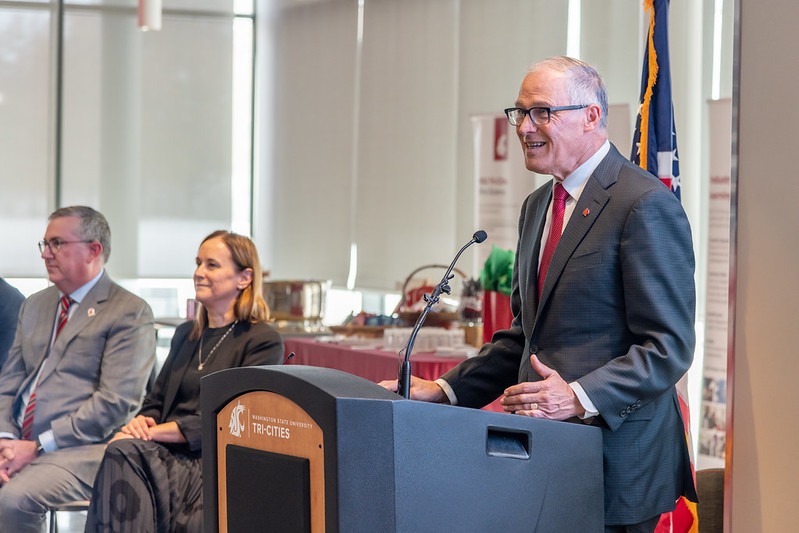 The Institute for Northwest Energy Futures is addressing the changing clean energy landscape through research and analysis to help anticipate barriers to progress to a decarbonized future through lifespan, techno-economics, grid, Agriculture Symbiosis, and social analysis.
The Institute for Northwest Energy Futures is addressing the changing clean energy landscape through research and analysis to help anticipate barriers to progress to a decarbonized future through lifespan, techno-economics, grid, Agriculture Symbiosis, and social analysis.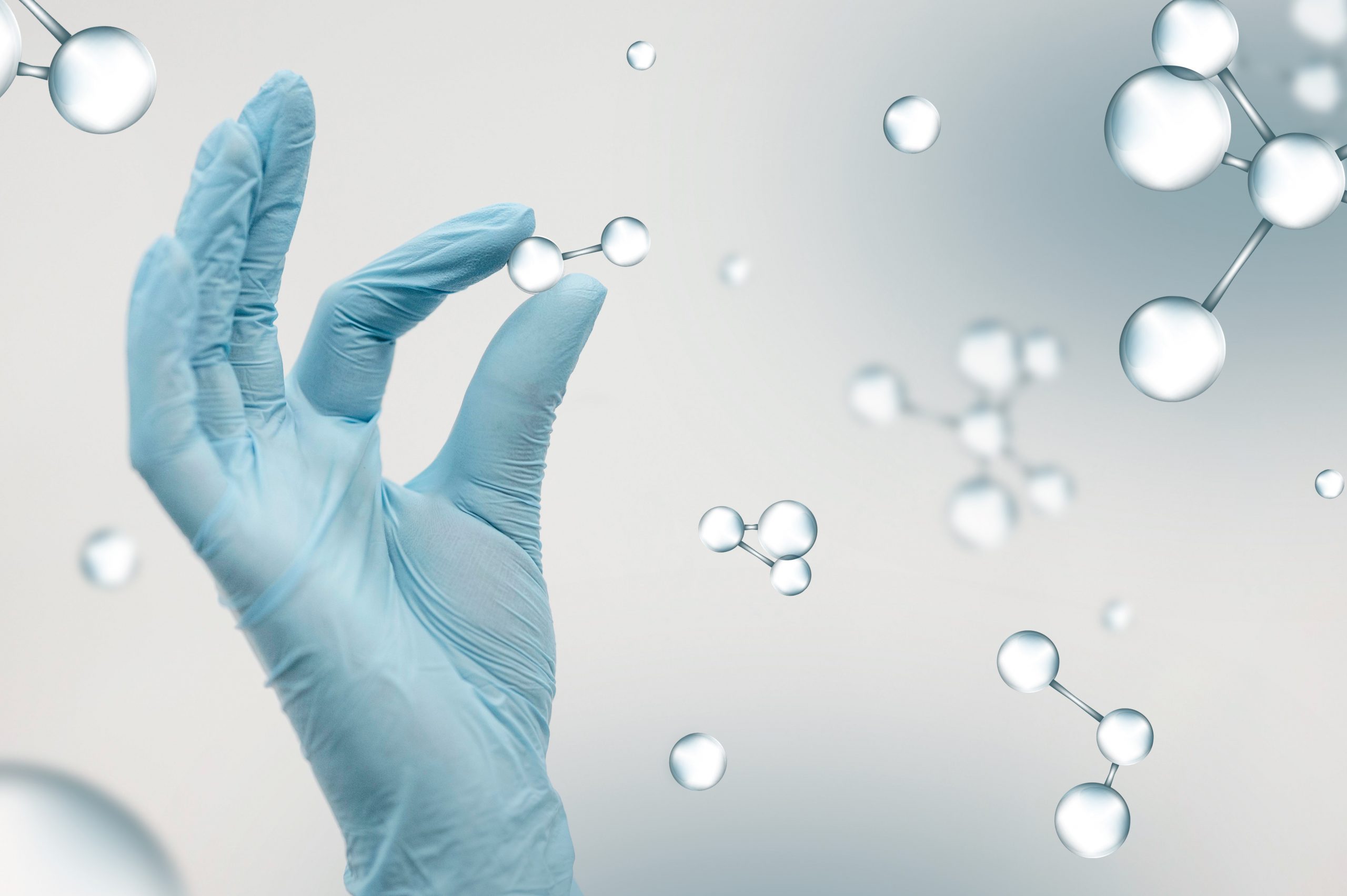 As part of the PNWH2 hub, WSU Tri-Cities is leading community benefits work helping to ensure the emerging hydrogen fuel industry creates equitable opportunities for workers and communities.
As part of the PNWH2 hub, WSU Tri-Cities is leading community benefits work helping to ensure the emerging hydrogen fuel industry creates equitable opportunities for workers and communities.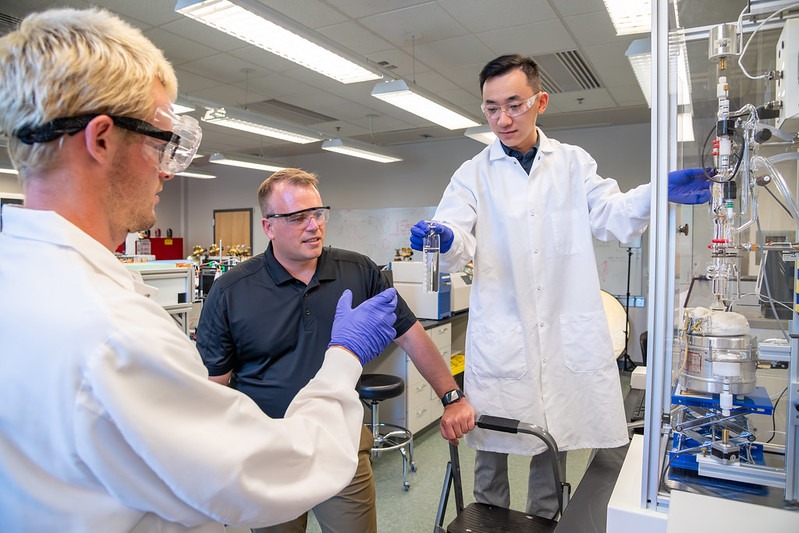 In the Bioproducts, Science and Engineering Laboratory (BSEL), a partnership with Pacific Northwest National Laboratory (PNNL), researchers are developing next generation sustainable aviation fuels (SAF) as well as other biofuels and products.
In the Bioproducts, Science and Engineering Laboratory (BSEL), a partnership with Pacific Northwest National Laboratory (PNNL), researchers are developing next generation sustainable aviation fuels (SAF) as well as other biofuels and products.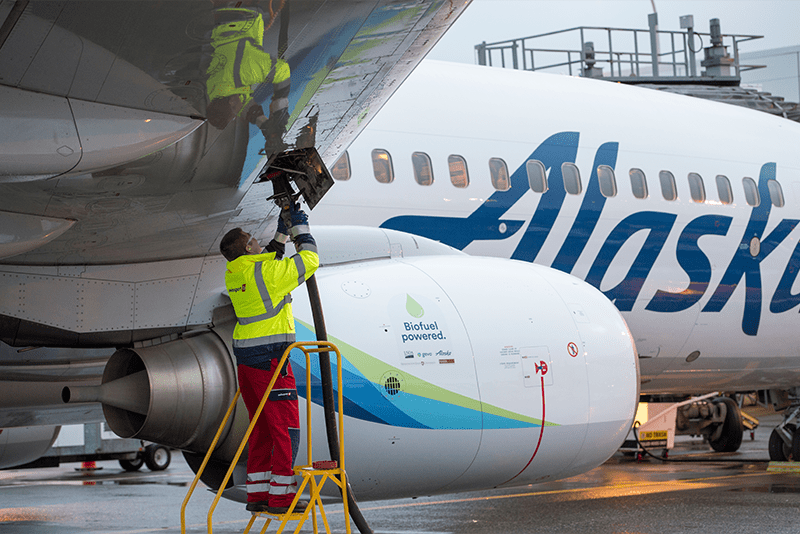 The WSU-PNNL Bioproducts Institute focuses on applied research to create net-zero carbon solutions in transportation and other industrial sectors.
The WSU-PNNL Bioproducts Institute focuses on applied research to create net-zero carbon solutions in transportation and other industrial sectors.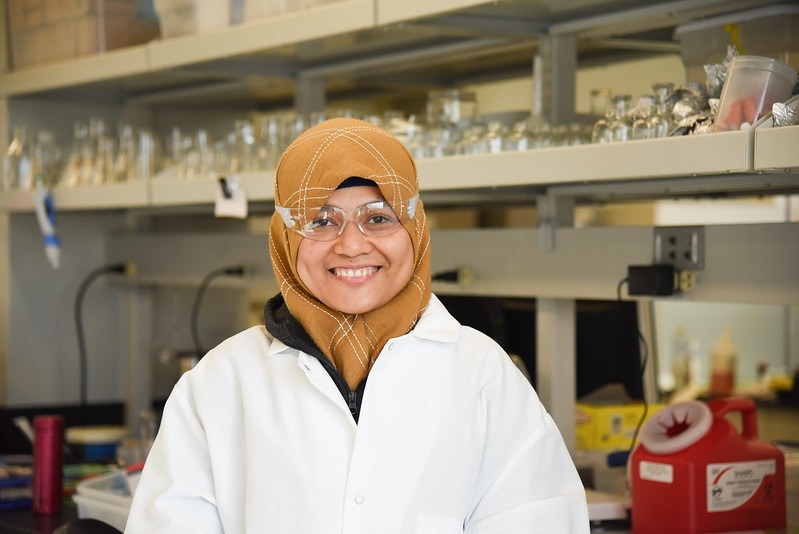 The Distinguished Graduate Research Program gives graduate students the opportunity to work with leading PNNL scientists on cutting edge research while completing their advanced degrees.
The Distinguished Graduate Research Program gives graduate students the opportunity to work with leading PNNL scientists on cutting edge research while completing their advanced degrees.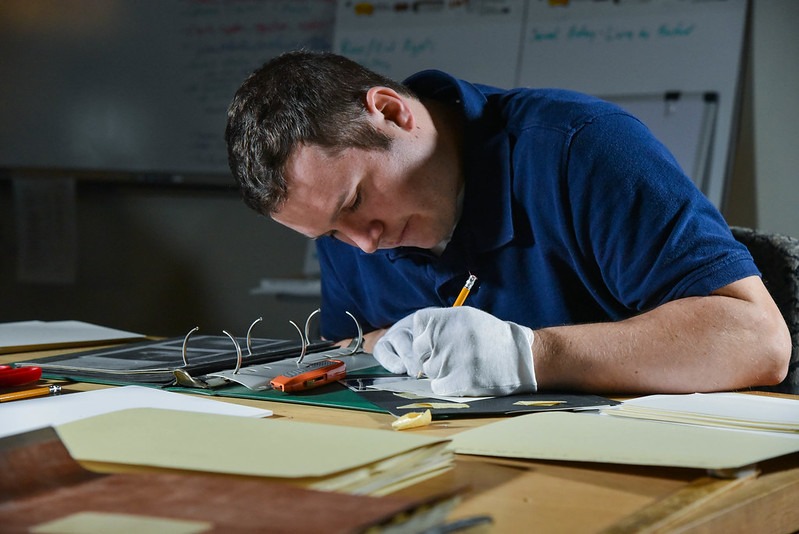 The Hanford History Project professional staff manages and curates the Department of Energy Hanford artifact and archive collection that covers the Manhattan Project and Cold War history and legacies of the site. They help foster a greater understanding of the historical role Hanford and the Mid-Columbia region plays in the transition to an equitable clean energy future.
The Hanford History Project professional staff manages and curates the Department of Energy Hanford artifact and archive collection that covers the Manhattan Project and Cold War history and legacies of the site. They help foster a greater understanding of the historical role Hanford and the Mid-Columbia region plays in the transition to an equitable clean energy future.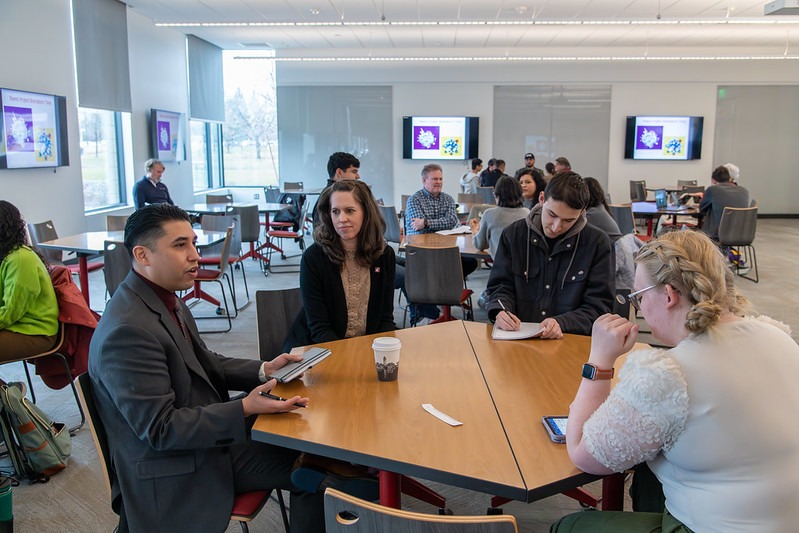 WSU Tri-Cities is analyzing the benefits of carbon removal via direct air capture (DAC) and storage as well as connecting underserved students, the climate-science industry, and our region to facilitate dialogs within local communities.
WSU Tri-Cities is analyzing the benefits of carbon removal via direct air capture (DAC) and storage as well as connecting underserved students, the climate-science industry, and our region to facilitate dialogs within local communities.



